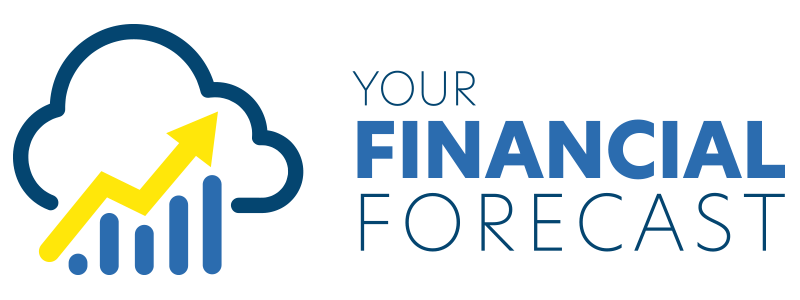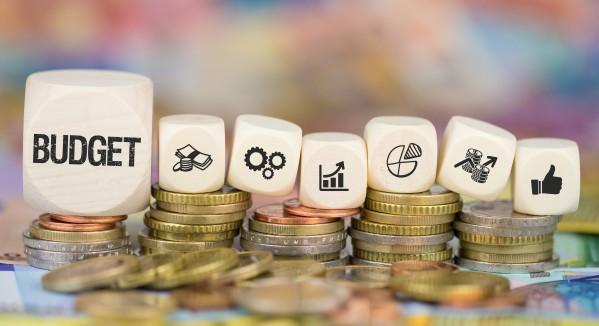Preparing a budget can seem intimidating, but it doesn’t have to be. Planning your paycheck for the weeks ahead doesn’t require a lifestyle change, just a few minutes of your day each month. With these tips, you’ll stop overspending.
Pay Yourself First
I know it sounds counter-intuitive when rent is due, but the first person you should pay is yourself. That’s right, you need to make sure you have gas, lunch, and lattes all month long. Some people find this challenging if they get paid bi-monthly, rather than every week, but there’s a simple way to stash it back for the days ahead.
Put pencil to paper and figure up how much you’re spending for both essential and recreation items each month. Every time you get paid, transfer that amount into a secondary savings account and then bring it back over on a day you choose, like Fridays, and stick to it. If you get paid twice a month, you can break the amount up over the two pay periods. Utilize your online banking. A good starting point is to look back through the last few months to determine an average of what you’re spending and what seems frivolous.
If dollars don’t burn a hole in your pocket, it can be helpful to take your weekly personal budget money out at an ATM, so you have tangible cash, rather than trying to figure out how many debit card purchases you’ve made.
Organize Your Bills
Keep your bills in a folder so you know what’s due and when. Eventually, you’ll be able to predict what you owe before the bill comes. Then, you can plan your month out in advance without the hassle of waiting for the mail to run. If you prefer going paperless, make an email folder. Pay the bills that come early in the month first and wait until your second paycheck to pay the others. Many banks have a bill pay service online that allows you to draft an electronic check to utilities and credit card companies at your convenience, with no extra charge. It’s easy to set up, and then you can pay your electric bill with a few mouse clicks.
Having the numbers in front of you makes it easier to stash funds away in your primary savings account, because you’ll know how much will be leftover after you meet your obligations. Even small savings deposits of $20 add up fast.
Here is an example: Jackie is a salaried manager at a gas station. She brings home $1,500 on the 1st and 15th of each month. Her rent is due at the first of the month and her car insurance is due on the 8th. None of her other bills are due until after the 15th, so she can use her second check to pay them. She typically spends $75 dollars a week on groceries and $35 on lunches. So, if she gives herself $200 weekly for living, she’ll have $90 for fun and gas once her food expenses are taken care of.

If you know you’re going to have an extra expense one week, you can easily add it to your month’s budget and still know how much money you’ll have left. This comes in handy for birthdays and holidays, when you know you need to stretch your cash.
You don’t need a complicated budget template to get your finances in order. Just make a list of how much you’re getting paid monthly, broken down by paydays, and subtract your bills, weekly allowance, and savings from it. You’ll be master and commander of your hard-earned money in no time, without the pressure of making an in-depth picture of every dollar you spend each week.


Very good advice. I love it